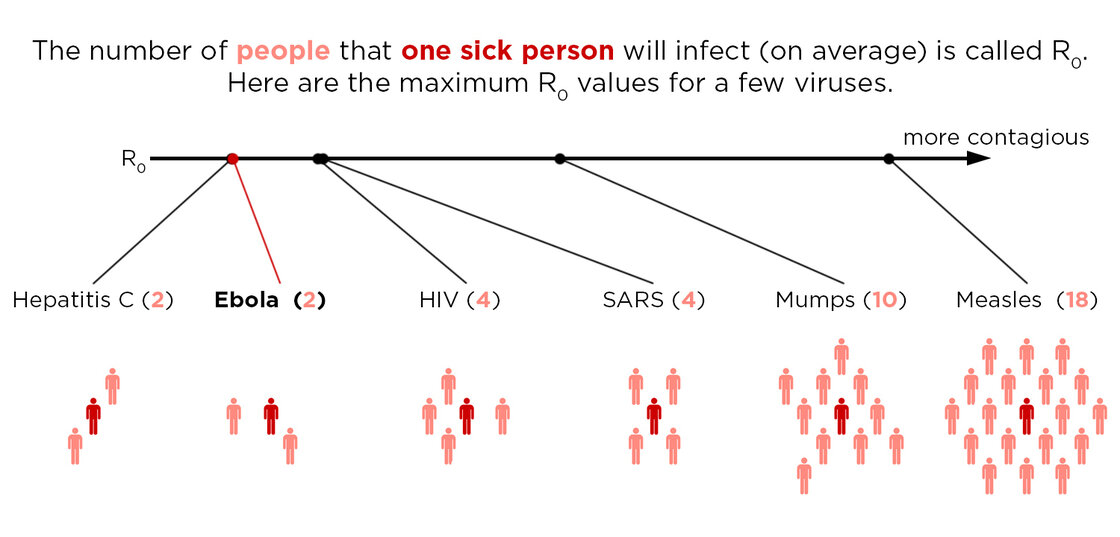By Dr. Yvette Lu
“Falling back” means an extra hour of sleep and being well-rested, right?
That’s what I thought too, but when I looked it up, I found that studies actually show many people are unable to take advantage of the extra hour of sleep after the end of Daylight Savings Time!
It will take about a week for our bodies to readjust to standard time!
Studies show that people have disrupted sleep, decreased sleep efficiency, and less sleep overall for the first week after the time change. Short sleepers, poor sleepers, those who are sleep deprived, and early risers tend to be most affected. If you find yourself sleeping in for the extra hour Sunday and Monday morning, it may be a sign that you are sleep deprived!
Interestingly, studies on the switch to Daylight Savings Time in the Spring have shown increased numbers of car accidents, workplace injuries, suicides, and heart attacks, and decreased work productivity on the Monday after the switch. For the switch back to Standard Time in the Fall, one study showed an increase in car accidents the Sunday night (tonight!) and another showed a decrease in heart attacks on the Monday morning.
How to adapt to the time change:
- Get more rest – take a short nap if needed
- Parents with young children may want to adjust their children’s bedtimes gradually 10-15 minutes each day to make it easier on them.
- Circadian rhythms are affected by light — be around light during the day and turn down lights in the evening
- No lighted screens (ipads, iphones, ipods, computers) a few hours before bed. Lighted screens activate the awake centers in your brain!
- Exercise during the day
- Sleep and wake at the same time every day
- Avoid caffeine after early afternoon
- Have a bedtime routine
- Other tips to improve sleep hygiene: http://www.anxietybc.com/sites/default/files/SleepHygiene.pdf
Also, with the evening coming earlier, be careful on the roads! Pedestrians will be harder to see during rush hour.
With the cold coming, here are some other things to watch out for:
- Seasonal affective disorder: moodiness or depression that is caused by change in the season and lower light levels. See your doctor if you think you may be affected. You may want to try light therapy.
- Vitamin D levels: We don’t get enough Vitamin D in the winter in Canada, so take your D3 supplements or get more in food. Food sources of Vitamin D include milk products, fortified products, egg yolk, and oily fish.
More info: http://www.healthlinkbc.ca/healthfiles/hfile68e.stm
Read more about health effects of time changes at: http://www.ncbi.nlm.nih.gov/pubmed/23477947
===
Dr Yvette Lu
twitter: @yvettelu

/cdn3.vox-cdn.com/uploads/chorus_asset/file/2316356/Africa_death_causes_revised.0.png)